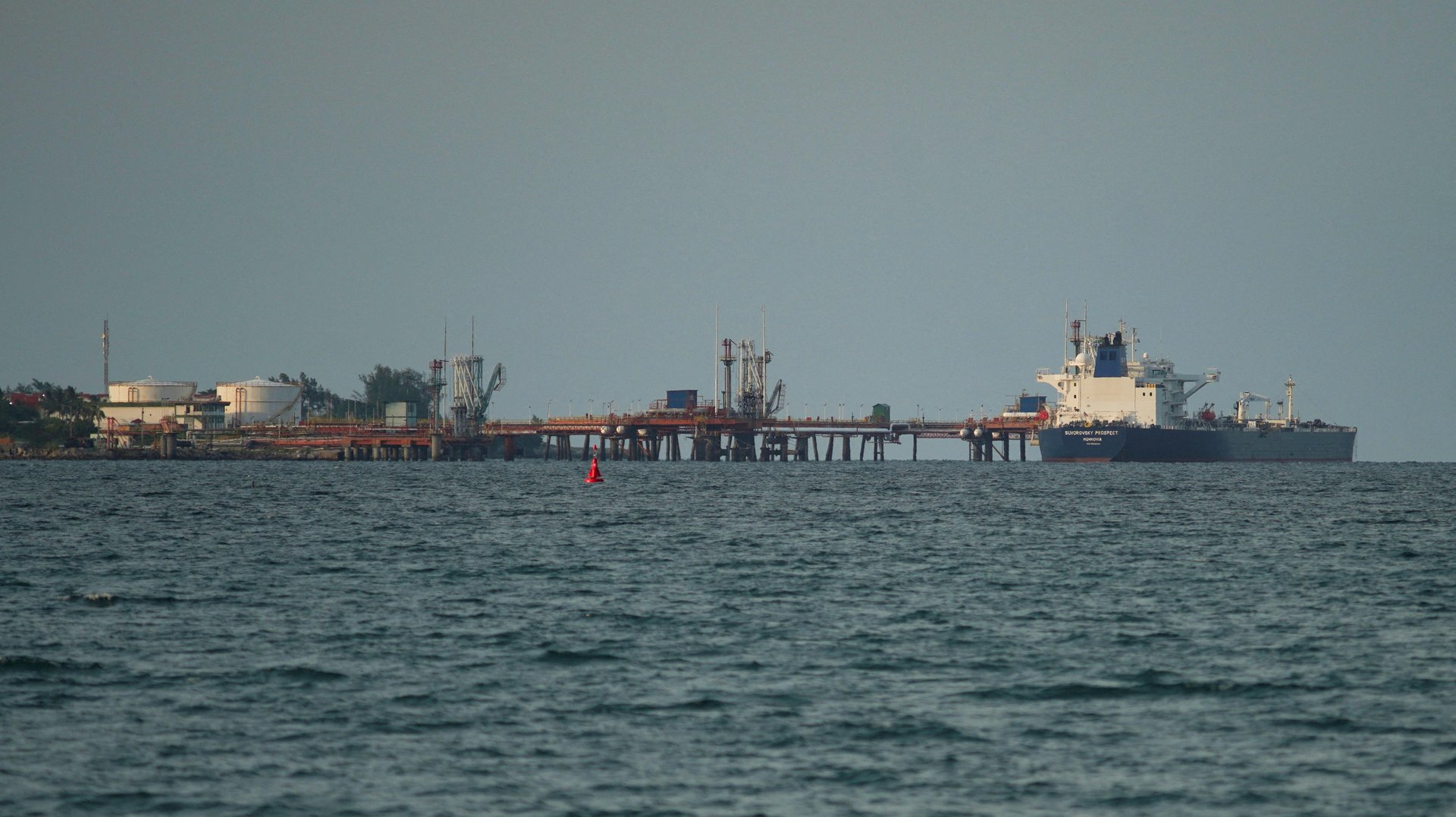How the new sanctions on Russia will affect what you pay at the pump
It's probably not going to do too much—as long as the price of oil remains depressed

As a further response to Russia’s invasion of Ukraine, the United States and its allies plan to impose a cap on the price of Russian refined oil products in February, following the December imposition of a cap on the price of Russian crude. But this kind of sanction probably won’t have much of an impact—either on gasoline prices or Russia’s oil revenues.
The price ceiling for these products has yet to be revealed, but US Treasury officials have specified there will be two different caps: One for expensive products like diesel and another for cheaper products like fuel oil.
Such caps are more complex and harder to enforce than outright bans, said Brian O’Toole, a former senior adviser to the director of the Office of Foreign Assets Control in the US Treasury Department. But the US may not clearly see the efficacy of such oil caps because of what’s going on in the larger economy.
Lower oil prices are obscuring the efficacy of price caps
The price caps are supposed to work through the medium of Western tankers, O’Toole noted. The majority of the insurance for any tanker carrying crude oil or refined products (Western or non-Western) is offered by companies based in London. These insurance companies can elect to not insure tankers carrying oil sold above the price limit set by sanctions.
Although, Russia may be getting around this with a fleet of shadow tankers.
“Russia doesn’t appear to be selling a lot, or using a ton of [Western oil] services,” O’Toole said. This makes it more difficult to determine if the cap actually works in place of a blanket ban, he added.
Even before these price sanctions went into effect, most European countries had begun weaning themselves off Russian oil, while the UK and the US had banned it outright.
It’s not clear that the sanctions are lowering gas prices or cutting off revenue from Russia because of the prevailing low price of oil. As of this writing, WTI crude is trading at around $78 a barrel, while Brent crude is trading at around $83. The price cap per barrel imposed last month on Russia by several G7 countries stands at $60—not vastly below the market price.
If oil spikes in the coming months, though, Western governments will gain a better understanding of whether the price caps will actually keep Russian oil cheap.
A cap on Russian natural gas prices will likely come next, O’Toole said. “They can kind of progress down the line of, ‘OK, we didn’t break the market doing the crude cap, now we can do a refined cap, and maybe eventually we can move into gas’ kind of thing,” he said.
This kind of cap could be easier with Germany receiving its first seaborne liquified natural gas shipment earlier this month, which will help diversify the country’s sources of natural gas and allow the Western world to levy tougher sanctions.